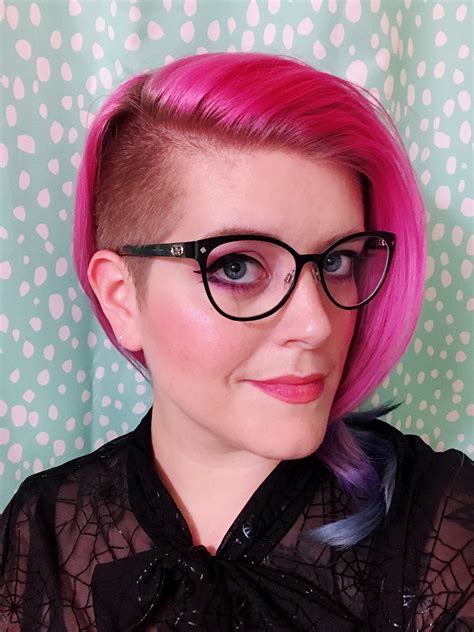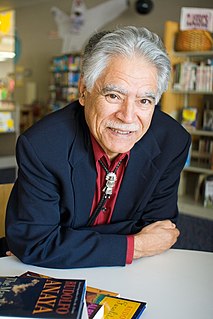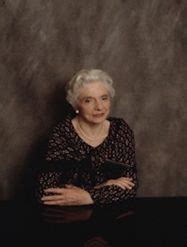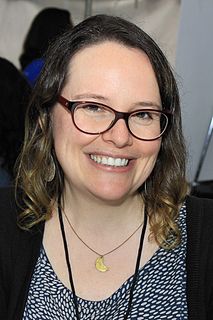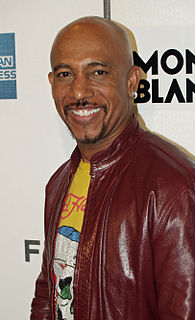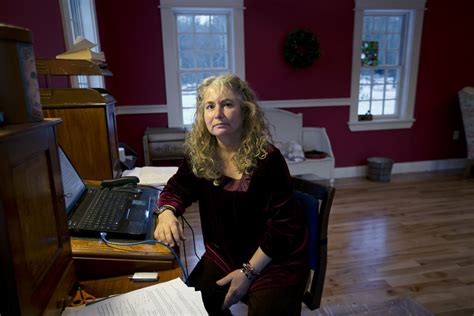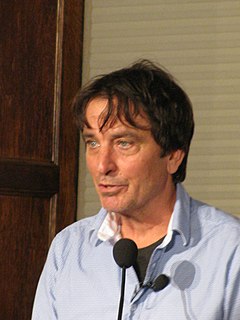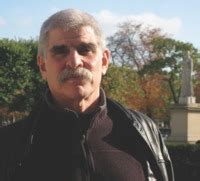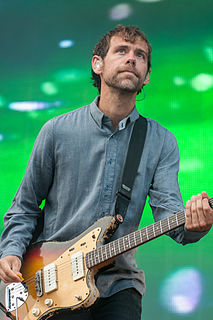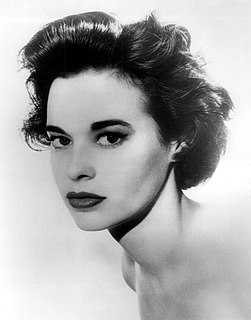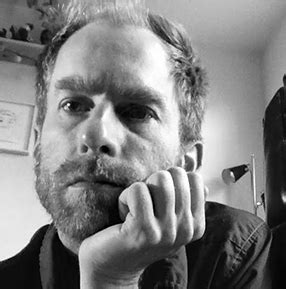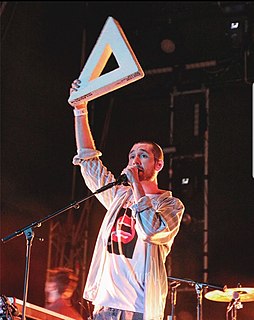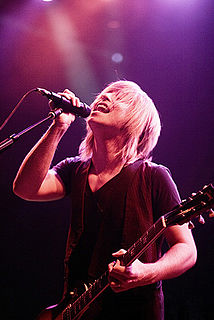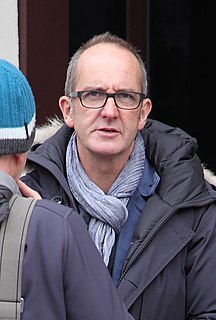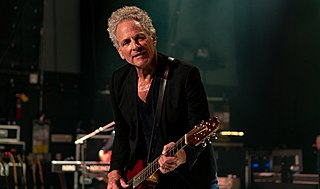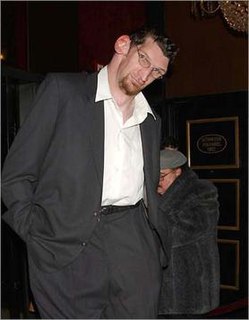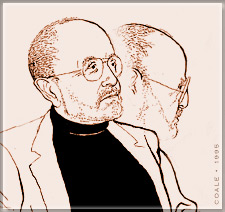Top 281 Autobiographical Quotes & Sayings - Page 4
Explore popular Autobiographical quotes.
Last updated on December 25, 2024.
I've told youngsters not to write their autobiographical novel at the age of twenty-one; to save it for the time when they're fifty-one or sixty-one. They should write other novels first, to learn their craft; they shouldn't cut their teeth on the valuable material of childhood because they'll never have better material, ever, to work with.
I was a screenwriting major in college, and really wanted to do that after I graduated, but there are no job listings for that, as we all know. I had many classmates that made it in the business, but stand-up comedy was my way in, and my first film 'Sleepwalk with Me' was based on those autobiographical experiences.
"Summer Sisters" is probably my least autobiographical book. The whole idea started with rowing down the pond. And I heard an explosion. I don't like sudden loud noises. They scare me. And then all these people came running down the hill and jumped in the water in their finery and a bride and groom was with them, and that's where it all started.
As a gay writer and someone who began by writing autobiographical fiction, it's hard to get away from chatter of "You're just a narcissist," "You're just a gay man," "You're just looking for yourself in somebody else," "Why does your boyfriend look like you," a kind of baggage that you already have to create in the face of.
I wrote a book called ‘Dancing The Dream’. It was more autobiographical than Moonwalk, which I did with Mrs. Onassis. It wasn’t full of gossip and scandal and all that trash that people write, so I don’t think people paid much attention to it, but it came from my heart. It was essays, thoughts and things that I’ve thought about while on tour
In fact I wonder if I should bend my own rules a little and for the sake of writing a good song it doesn't have to been so autobiographical, but that's a stupid rule to live by as some of my favourite artists' songs, they have a song that you think is about their life [which] probably even isn't, but it's a great song.
I've translated two of Bae's novels, A Greater Music and Recitation, which are coming from Open Letter and Deep Vellum in October and January respectively. A Greater Music is a semi-autobiographical book centred on a Korean writer moving to Berlin, learning to live and even write in a foreign language.
When I hear my favorite songwriters write about things they clearly have not experienced, like "Isis" by Bob Dylan or a lot of Bruce Springsteen songs or something like that, I'm always like, "Man, how do I tap into that?" Every time I tried to do something that wasn't autobiographical I felt pretty phony.
The blues is an impulse to keep the painful details and episodes of a brutal experience alive in one's aching consciousness, to finger its jagged grain, and to transcend it, not by the consolation of philosophy but by squeezing from it a near-tragic, near-comic lyricism. As a form, the blues is an autobiographical chronicle of personal catastrophe expressed lyrically.
Reviewers try to square the antics of a writer's life with the antics in the fiction. Even satirical verbal play is too often read and admired as autobiographical expression. And thanks to the democratic exposures of the web, it's easier than ever to document private experiences and divulge the most intimate secrets.
I don't eschew autobiographical writing, but I'm not interested in mine to be so straightforward. The things that tend to move me the most are often those that I have to figure out its meaning for myself. The human being's ability to make a metaphor to describe a human experience is just really cool.
All my movies have an autobiographical dimension, but that is indirectly, through the characters. In fact I am behind everything that happens and that is said, but I am never talking about myself in first person. Something in me - probably a dislike of cheap exhibitionism- stops me from approaching a project too autobiographically.
I'm Turkish-American; I was a freshman at Harvard in 1995 and 96. I did teach English in Hungary in the summer of 1996. I'm an autobiographical writer in the sense that whether in fiction or nonfiction, the issues and relationships and phenomena and problems I'm most interested in exploring are the ones I've experienced personally.
Another trouble with poetry - and I'm gonna stop the list at two - is the presence of presumptuousness in poetry, the sense you get in a poem that the poet takes for granted an interest on the reader's part in the poet's autobiographical life, in the poet's memories, problems, difficulties and even minor perceptions.
I heard somewhere that whenever you write a book, people will ask you One Question about it over and over. And while I'm no expert in these matters, this is proving to be true. My first book dealt with a not-that-pleasant degenerate type, and the One Question was, 'Is this an autobiographical story?'





